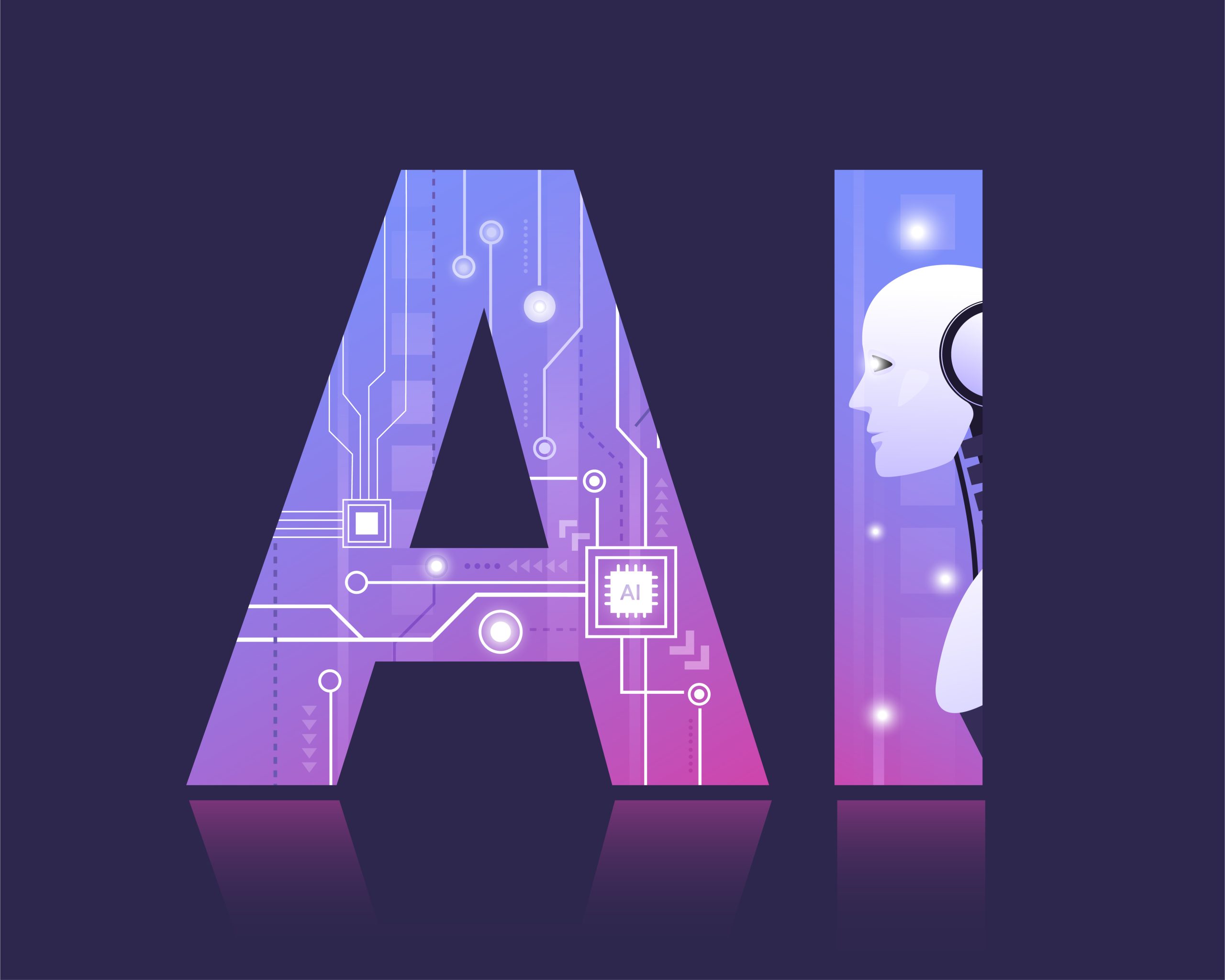In recent years, artificial intelligence (AI) has been a hot topic in the tech world, with many hailing it as a game-changer that will revolutionize countless industries. However, while there is no doubt that AI has the potential to transform everything from healthcare to finance, the reality is often more complex than the hype suggests.
One way to separate AI hype from reality is to look at the financials of big tech companies that are investing heavily in the technology. Amazon, Apple, Facebook, Google, and Microsoft are all spending billions of dollars on AI research and development, and their earnings reports offer a valuable window into the current state of AI.
One thing that is immediately clear from these reports is that AI is not yet a major revenue generator for these companies. While they are certainly investing heavily in the technology, they are not yet seeing significant returns on their investments. For example, Google’s parent company Alphabet reported that its AI and cloud division brought in $6.5 billion in revenue in Q4 2020, a significant amount but still a small portion of its overall revenue of $56.9 billion for the quarter.
This disconnect between investment and revenue can be partly explained by the fact that AI is still in its early stages of development, and many companies are still experimenting with different use cases and business models. However, it also suggests that the hype around AI may be outstripping the reality of its current capabilities.
Another factor to consider is the role that AI is playing in these companies’ broader business strategies. While AI may not be generating significant revenue on its own, it is increasingly being integrated into other products and services. For example, Apple’s Siri virtual assistant and Amazon’s Alexa are both powered by AI, but they are just one feature among many on their respective platforms. In this sense, AI is more of a tool or enabler rather than a standalone product.
There are also concerns about the potential downsides of AI, particularly in areas such as privacy and job displacement. Companies like Facebook and Google, which rely heavily on user data for their AI algorithms, have faced criticism for their handling of personal information. Meanwhile, some experts predict that AI could lead to widespread job losses as machines replace humans in certain roles.
Despite these challenges, there is no doubt that AI will continue to be a major focus for big tech companies in the years ahead. As the technology matures and new use cases emerge, it is likely that we will see more examples of AI generating significant revenue on its own. However, it is important to approach the hype around AI with a healthy dose of skepticism and to recognize that the reality of the technology may not yet match its potential.




